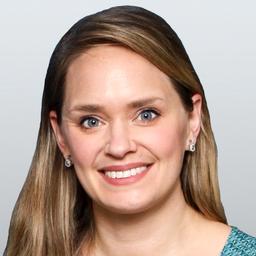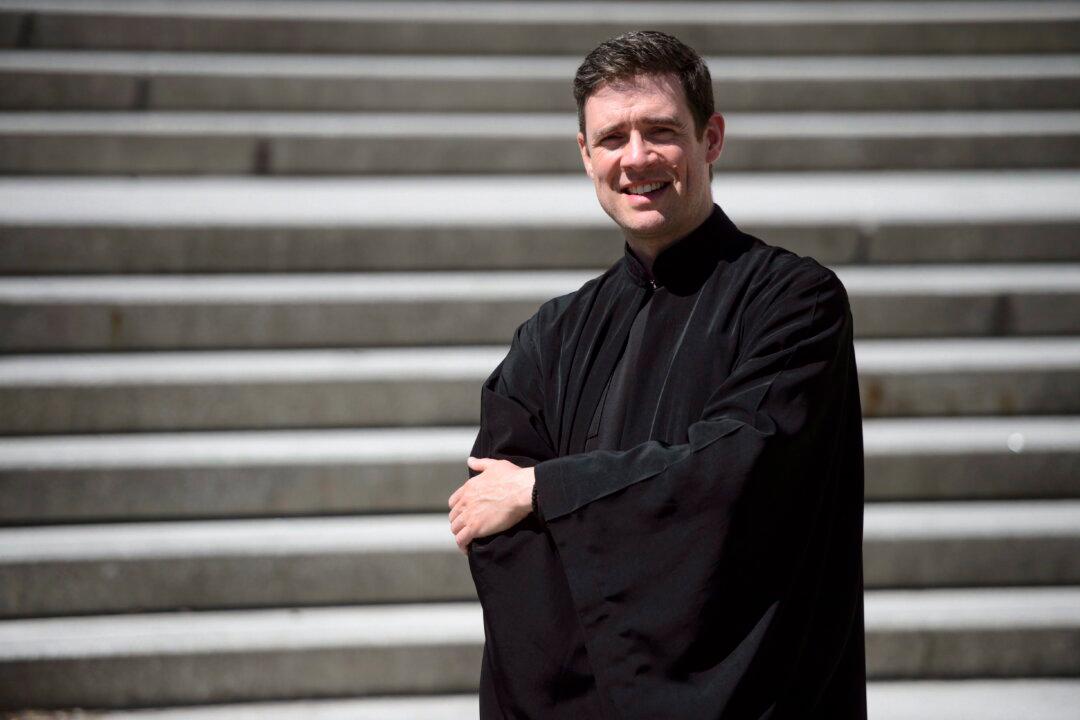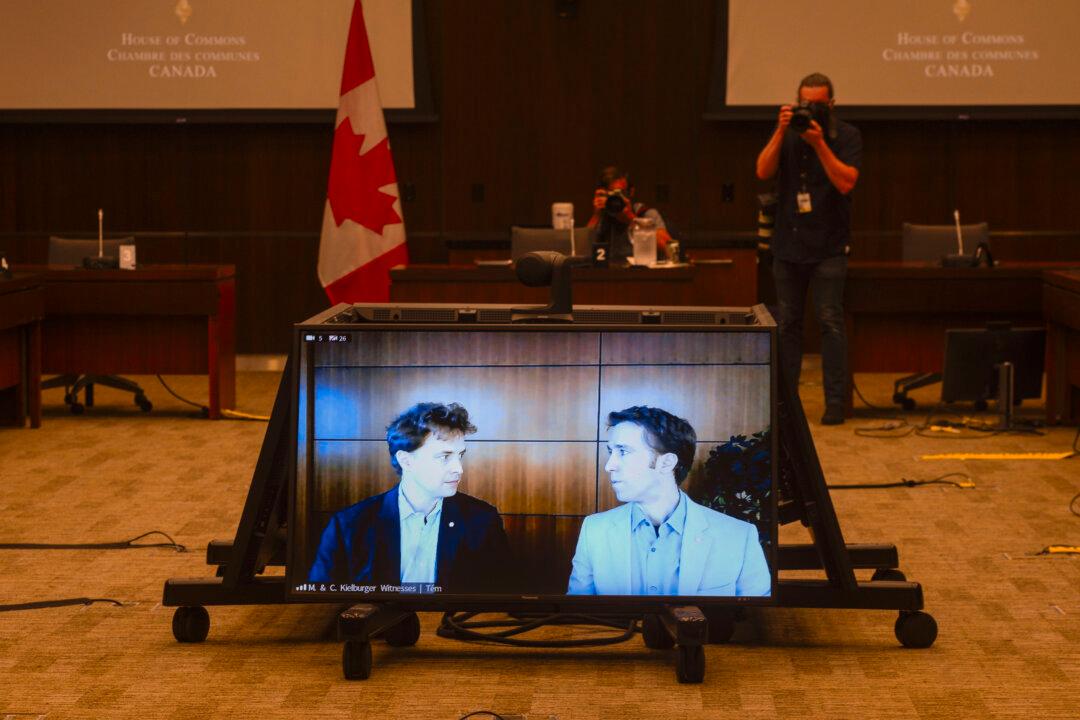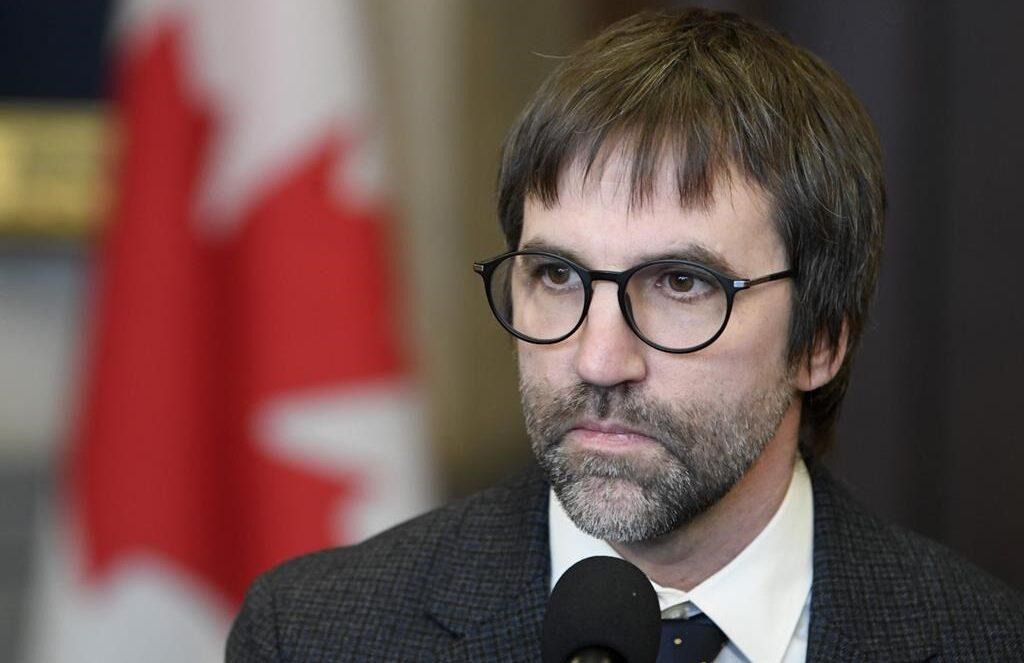When math professor Robert Craigen was asked to sit on a panel reviewing Manitoba’s “new math” curriculum 15 years ago, it didn’t take long for him to foresee a problem: Students would no longer be taught long division.
In fact, much of the basic foundational skills of math—multiplication tables, long division, adding and subtracting big numbers, and computing fractions—were being minimized or eliminated from the curriculum.





